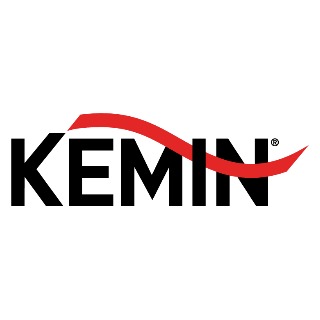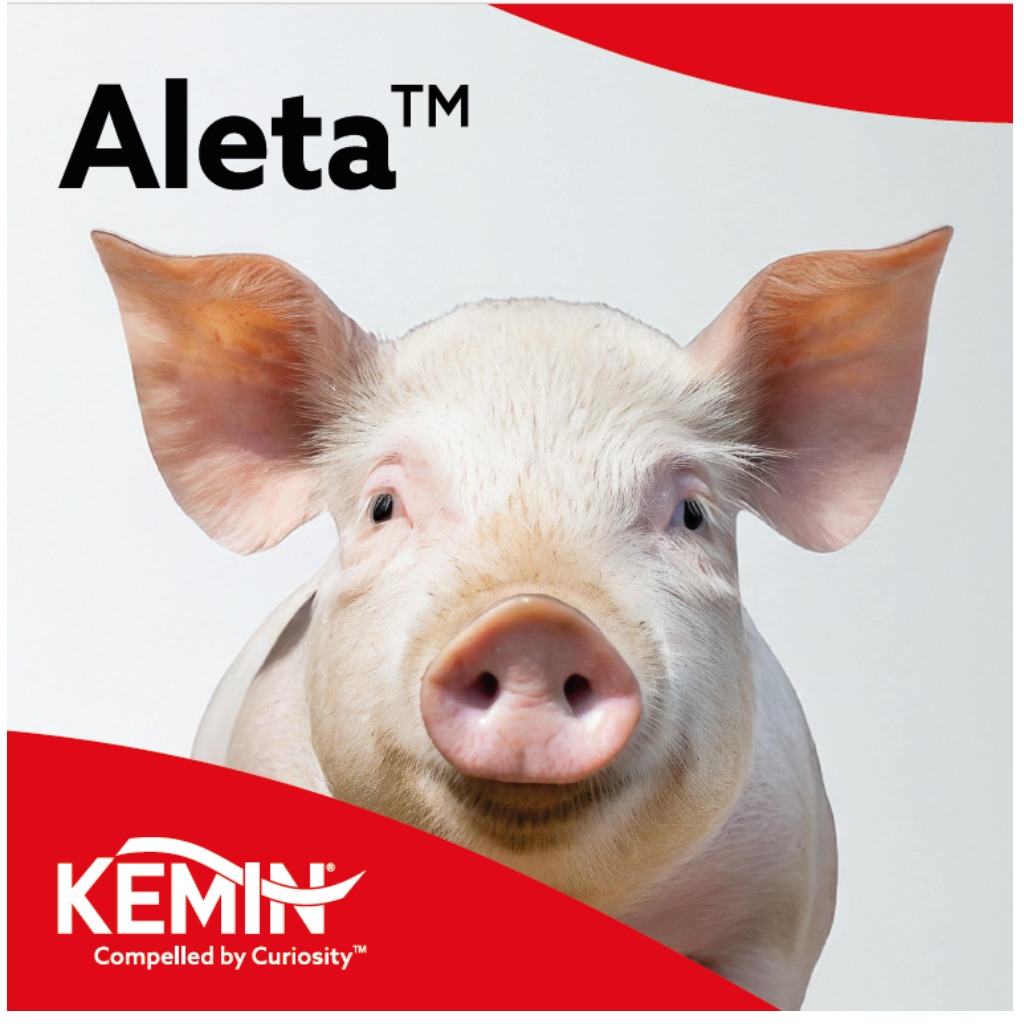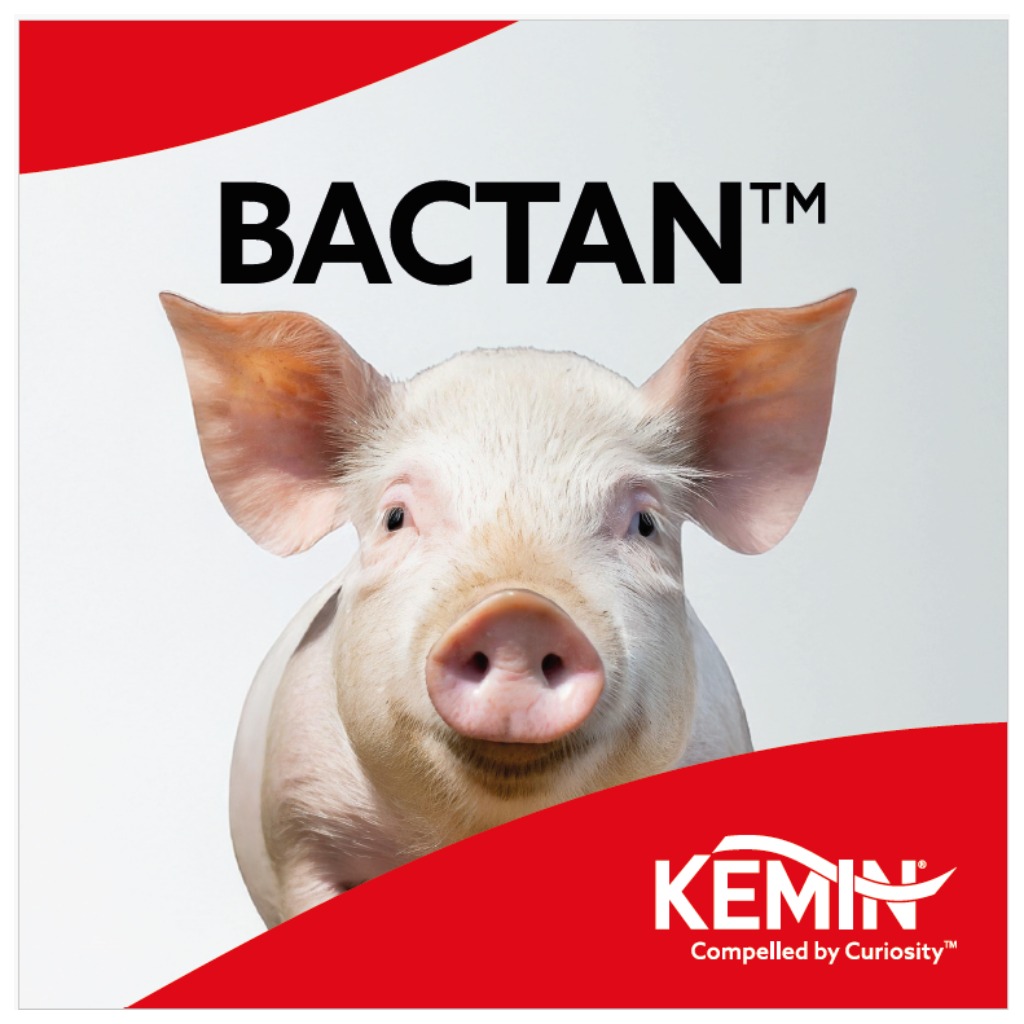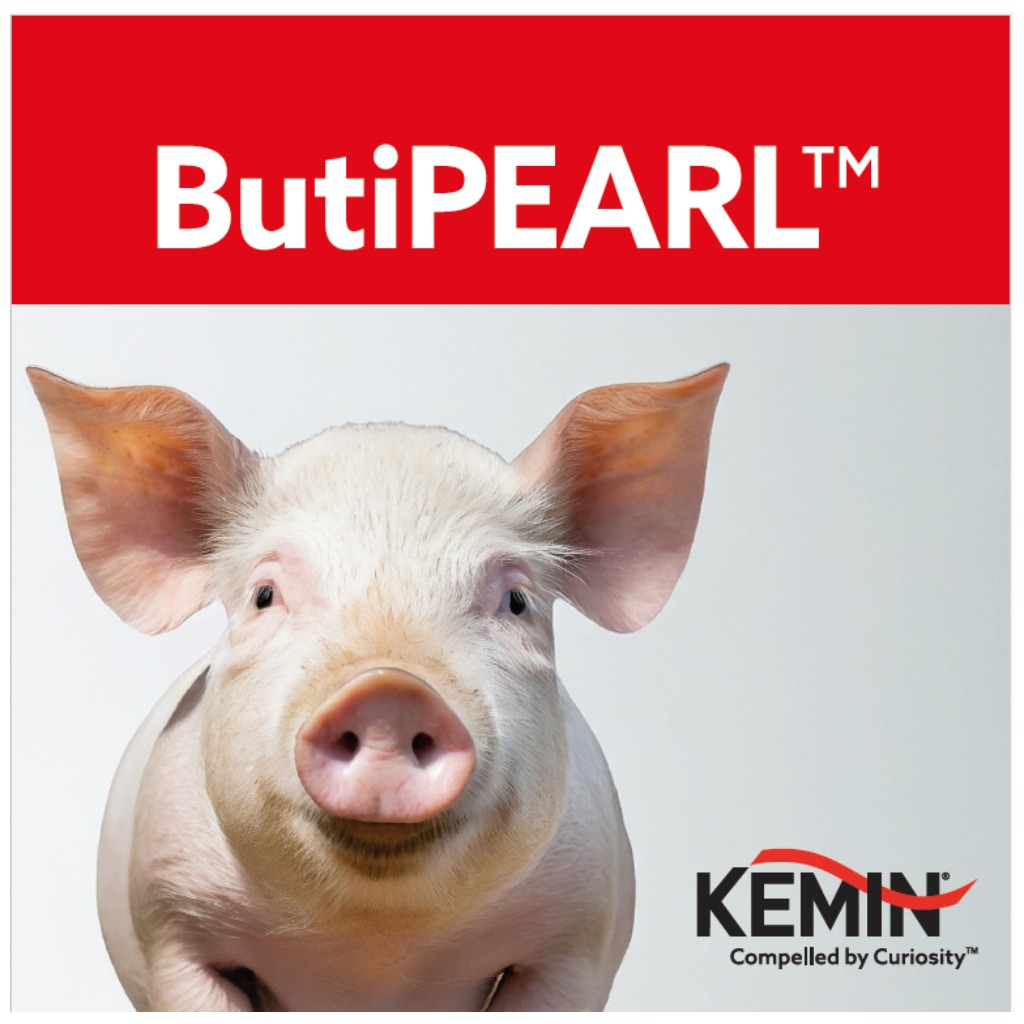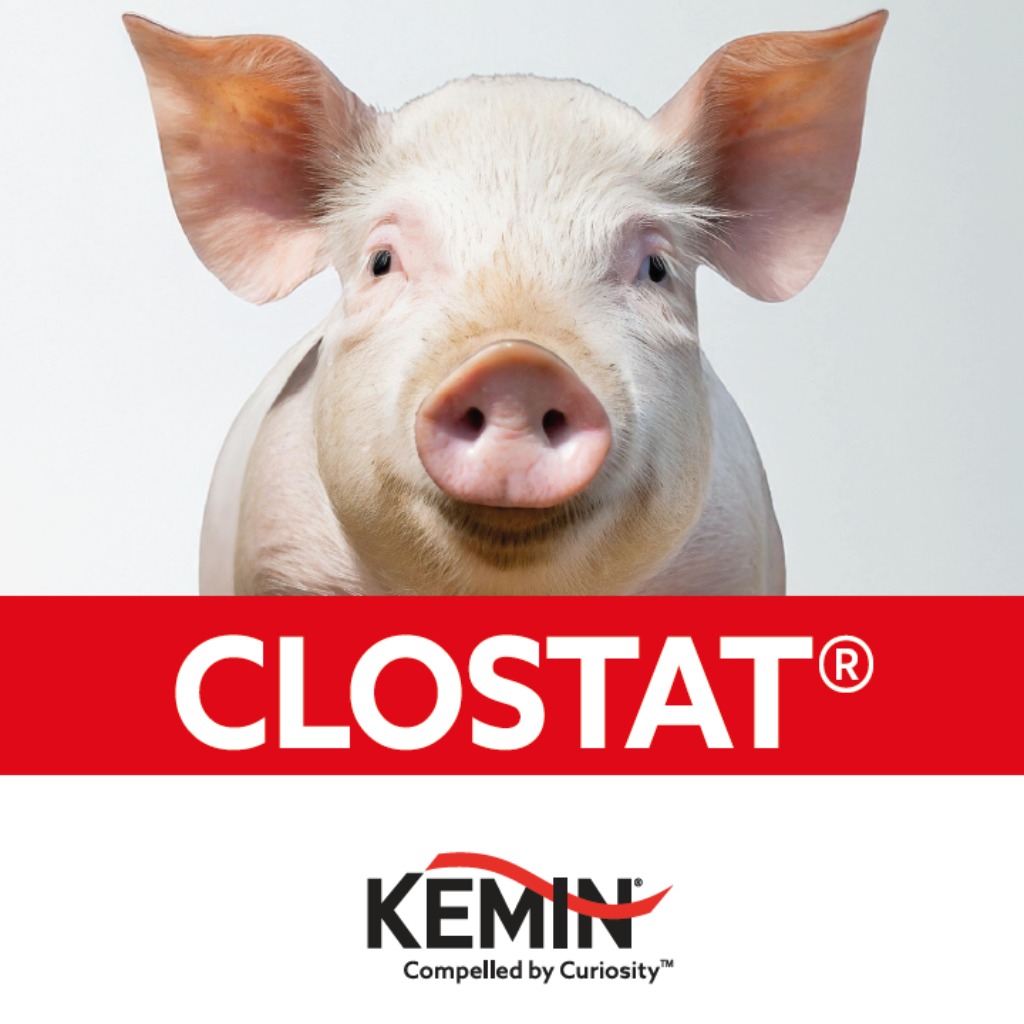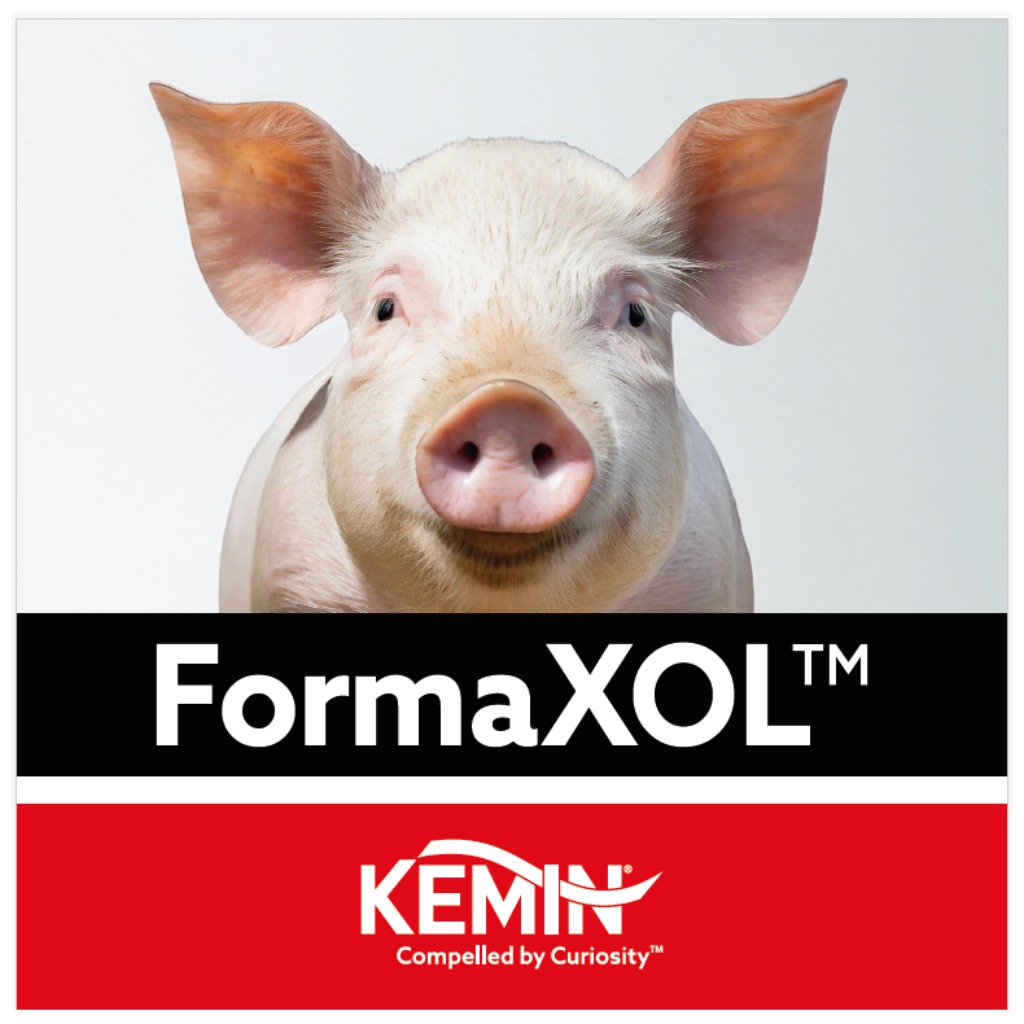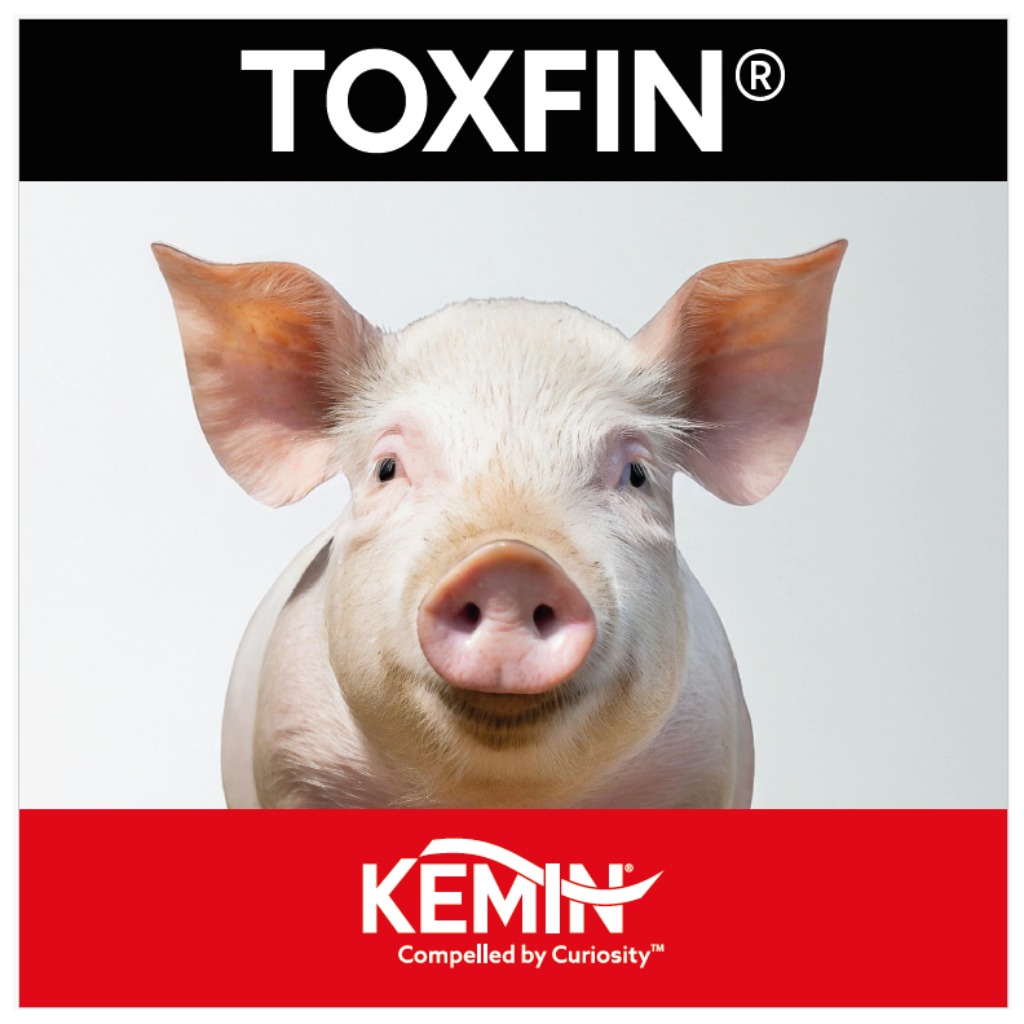Nutrigenomics: How Nutrition Shapes Gene Expression and Animal Performance
Nutrigenomics is an emerging field that explores how nutrients and dietary components influence gene activity and expression. At its core, nutrigenomics seeks to understand the dynamic relationship between diet and genes, revealing how individual genetic variations can affect an animal’s response to specific nutrients.
Gene expression is the process by which information from a gene is used to synthesize proteins, determining how cells function and respond to their environment. This process is tightly regulated—genes can be “upregulated” (increasing protein production) or “downregulated” (decreasing protein production) in response to internal signals like hormones or external factors such as nutrients. For example, after a meal, insulin upregulates the GLUT4 gene, boosting glucose uptake in muscle and fat cells. Similarly, physical exercise upregulates IGF-1, promoting muscle growth and repair.
Certain nutrients have profound effects on gene expression. Polyphenols like resveratrol (found in red grapes) activate genes related to aging and metabolism, while curcumin (from turmeric) modulates inflammation-related genes. Omega-3 fatty acids, present in fish oil and flaxseed, activate nuclear receptors that regulate lipid metabolism genes, supporting cardiovascular health.
In animal nutrition, lysophospholipids (LPLs) have gained attention for their ability to induce extensive changes in gene expression, especially in the gut. Studies show that LPLs, such as those found in LYSOFORTE®, enhance collagen deposition and increase villus length in the intestines of broiler chickens, resulting in a greater surface area for nutrient absorption. These changes are mediated by the upregulation of genes involved in cell structure and nutrient transport, ultimately improving growth performance and feed efficiency.
The practical implications of nutrigenomics are significant. By understanding how nutrients interact with genes, nutritionists can design diets that not only meet basic requirements but also optimize gene expression for better health, growth, and resilience. This approach moves beyond traditional nutrition, offering a pathway to more precise and effective feeding strategies in animal production.
In summary, nutrigenomics bridges the gap between diet and genetics, providing new insights into how nutrition can be tailored to unlock the full genetic potential of animals for improved performance and well-being.
Contacto:
Contacta con nosotros a través del siguiente formulario.
Un resumen semanal de las novedades de 3tres3 Argentina
Accede y apúntate a la lista

